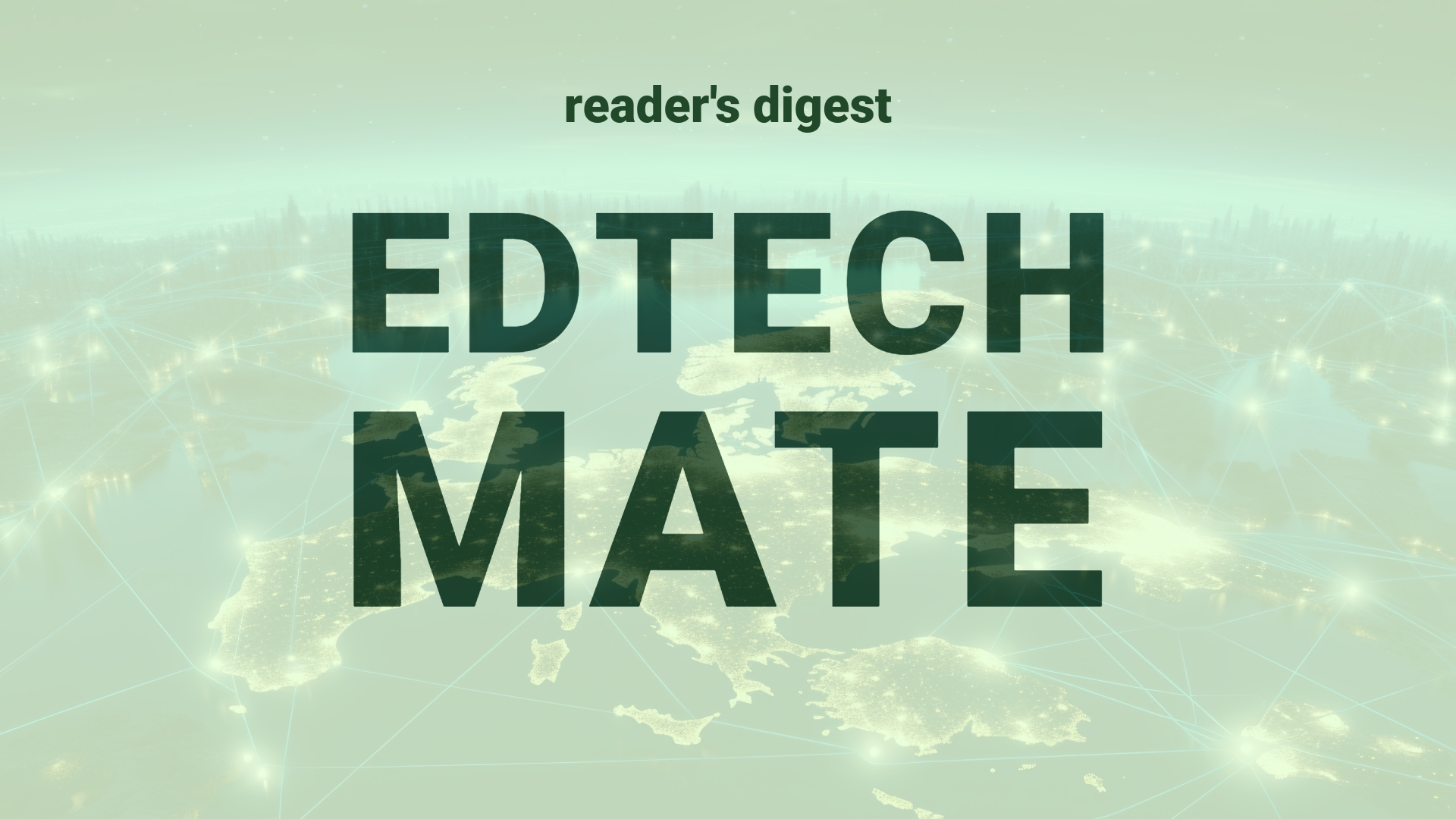Executive Summary and Main Points
The series of podcasts, coached by Muriel Wilkins, point towards an emerging set of workplace phenomena, particularly in leadership and management areas. Key innovations and trends identified from the episodes include strategic career transitioning, burnout prevention, midlife career evaluation, and navigating advancement in fast-growing organizations. These reflect broader dynamics in the professional world, which are integral to conversations on international education and digital transformation.
Potential Impact in the Education Sector
Developments highlighted in the podcasts might have several implications for the Further Education, Higher Education, and Micro-credentials realms. Coaching for strategic career movement can guide curriculum designs for leadership programs, ensuring they imbibe skills for influencing decision-makers and articulating personal value propositions. Insights on burnout can foster wellness-focused educational environments, adapting policies for student and faculty welfare. Midlife career introspection could drive adult education and lifelong learning initiatives. Lastly, conversations on navigating organizational growth can influence graduate employability strategies and entrepreneurship training, focusing on adaptability in dynamic work landscapes.
Potential Applicability in the Education Sector
AI and digital tools could be incorporated into global education systems to aid in personalized career guidance, deploying algorithms that match students’ aspirations with potential career paths. Burnout-prevention strategies could translate into applications for time and stress management, and digital platforms to support peer networking and mentorship. For midlife professionals seeking education, AI could personalize re-skilling and up-skilling pathways. Additionally, simulation software and virtual reality can be used to train individuals in strategic leadership within a risk-free, controlled environment, preparing them for high-stakes decision-making scenarios.
Criticism and Potential Shortfalls
While these podcast narratives offer constructive advice on career progression and personal management, one must consider the diverse cultural contexts that impact the global higher education landscape. Not all advice could be universally applicable. For example, perceptions of midlife career evaluation vary widely between cultures. Additionally, there is the risk that AI applications could reduce the human element essential in career coaching, and if not ethically designed, could exacerbate inequalities in access to digital education tools. Real-world case studies could illustrate disparities in the success of such strategies across different countries and institutions.
Actionable Recommendations
In implementing these technologies in international higher education, leaders should consider the following: develop AI-driven career guidance platforms with cultural competency components; introduce digital wellness tools while maintaining human support systems; create adult learning programs leveraging AI for tailored skill acquisition; and foster strategic partnership ecosystems with tech companies to remain abreast of the digital transformation implications. Customization and inclusivity should be at the core of all initiatives to ensure that the benefits of digital advancements in education can be harnessed equitably by diverse global demographics.
Source article: https://hbr.org/podcast/2024/05/how-can-i-set-the-right-boundaries-in-a-new-job

